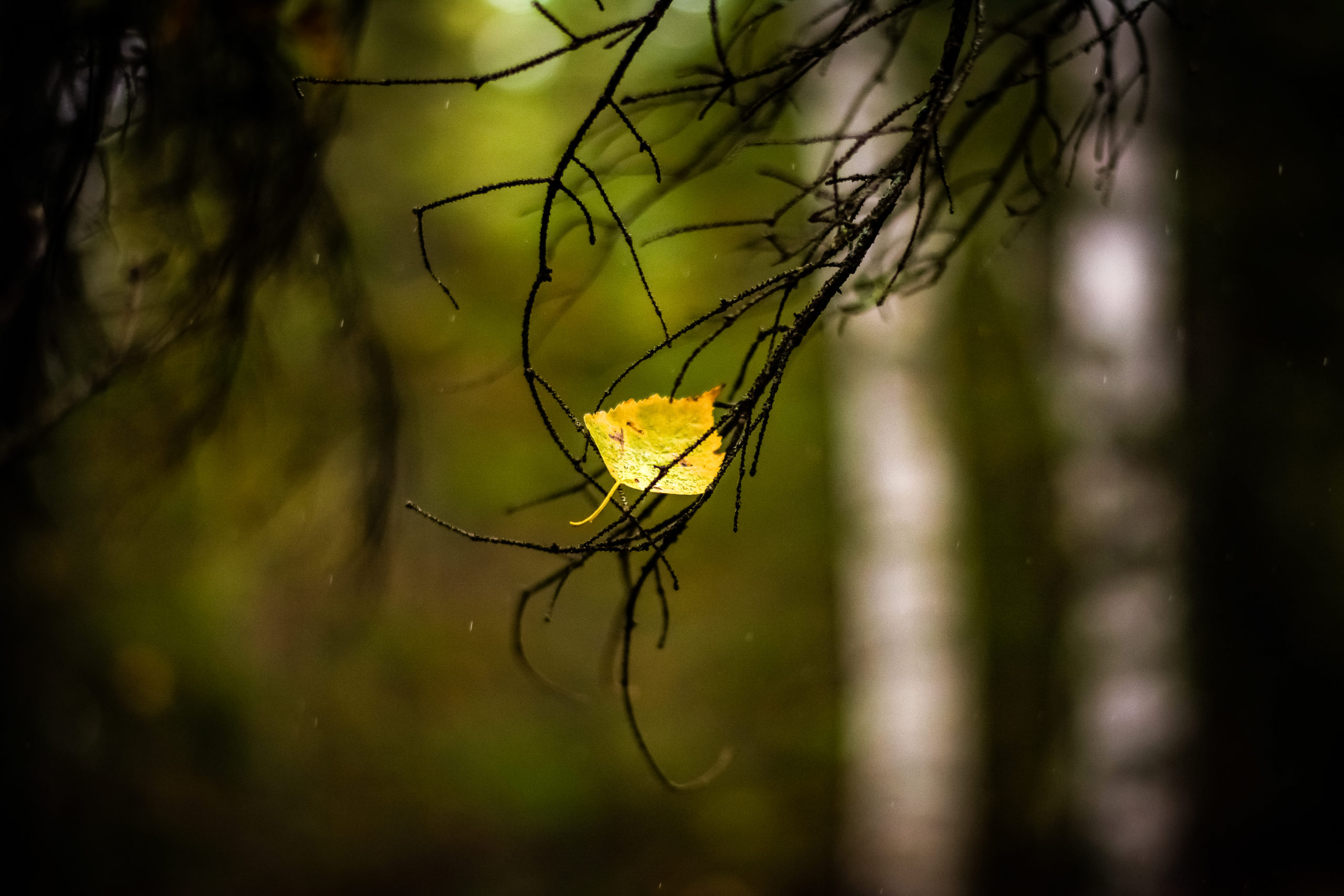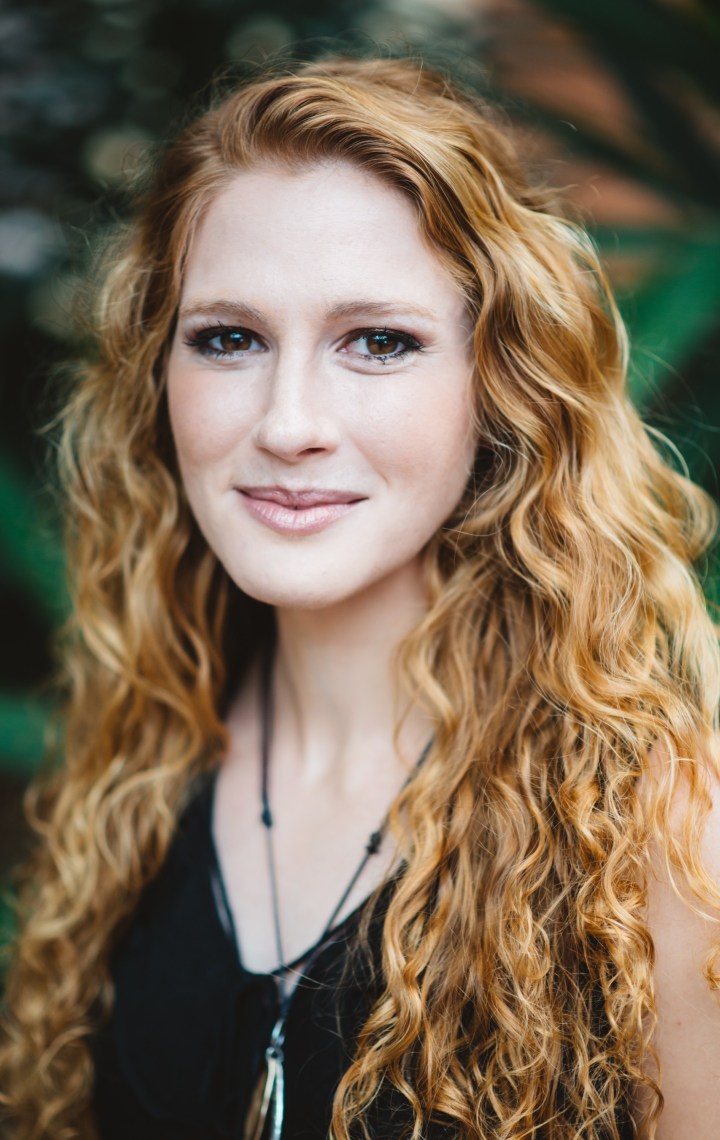There is a soft rain falling as I sit down to write. The sky is the gray of a steel blade, the view through my windowpane reduced to smears, like an amateur watercolor landscape where one color bleeds unreservedly into the next. Sky, trees, and grass all blurred behind the droplets cascading down the glass. Some droplets race from top to bottom, swallowing all in their path. Others begin a slow, stilted downward slide only to stall out somewhere in the middle.
I, who have barely begun this piece and can already sense the wind spilling from my creative and sails, feel a kinship with those droplets. It is easy to start out strong, spirits high with anticipation. It is harder to press onward through the long hard slog and endure until the end.
And these days, I begin to feel the weariness of knowing that we are in this for the long haul—this, our present circumstances, our upside-down world, our isolation and our distancing and the uncertainty that surrounds us on all sides. This that has made us feel so fragile and revealed the frailty of our world, our relationships, our comings and goings, our habits and patterns and rhythms.
I have been made to feel fragile before.
Anyone who has spent any time in a hospital bed, sprouting lines and wires, surrounded by fluorescent lights, and the hum of monitors knows what that feels like. The awareness that remains long after the fact, like an ache below the surface, that everything can change in a single moment. One breath can send us teetering toward the edge, and in that instant, our illusions of invincibility, our facades of strength and independence, are revealed for what they are: strongholds built on sand, incapable of weathering the storm, unable to withstand an earthquake.
I feel fragile now. All jagged edges and broken-apart seams. Considering how much I have been rebuilt over the past few years, it is distinctly unnerving to realize how quickly that sense of security can be stripped away again.
One misstep. One unexpected call. One more depressing headline in a string of depressing headlines.
And we are shaken once again.
But outside, my first attempt at a garden sits soaking in the silken streams of rain, and I am almost tempted to join it. To sit and tilt my head back to the sky, to feel the raindrops falling on my cheeks, on my eyelids, on my upraised hands. It is such a stark contrast to the storm that struck last week, a fury of thunder and lightning and a torrential downpour lashed onwards by continuous gusts of wind.
I have always loved the wind. The untamable wildness of it. The swift and unceasing power of it. The sometimes roaring, sometimes whispering music of it.
In a way, I have often considered the wind a friend.
But last week, as I watched its relentless force bend the tomato cages and tear the delicate tendrils of the sugar snap peas from their trellis, as it caught the wide blades of the cucumber leaves and twisted them about on their stalks, as it threatened to undo this frail and fledgling work of our hands, I felt as though the wind were an enemy, howling in to batter down and destroy.
Unable to watch, I let the storm chase me inside, and as the wind raged on into the dark of the night, I tried not to picture the devastation that I would find in the morning. Broken stalks. Battered leaves. Plants uprooted and torn and carried away.
And hope, that fragile seedling, utterly crushed.
How imagination loves to rampage through the midnight dark.
But when I emerged the next morning into the thick humidity of a Texas dawn after a storm, I found plants bowed but not crushed, pelted but not destroyed, and the sunny days that followed unleashed a wild explosion of growth that resulted in flowering, towering, and sprawling plants that are all, apparently, far more resilient than I had dared hope.
Far more resilient and infinitely less fragile.
Perhaps the same is true of you and me. Perhaps we are not as invincible as we once thought we were, perhaps our normal lives are not as unshakable or unassailable as we might have hoped, but perhaps we are not as fragile as we fear either. Perhaps when the ferocious, buffeting winds of this current storm pass, we will emerge into the sunshine, not unchanged, but with roots grown deeper and spines grown sturdier and fruit blossoming fuller because of it.
In fact, I know that we will. This verse has been running through my head recently: “And I am sure of this, that He who began a good work in you will bring it to completion at the day of Jesus Christ.” (Philippians 1:6, ESV) Sometimes I find it easier to believe that God began a good work in me than to trust that He is carrying it on even now when life seems to have stalled out, when the days crawl to a standstill, when new fears cause old wounds to resurface.
Yet, I wonder if the timid seedling stretching up through the earth chafes at the slowness of its growth, little knowing that its roots must sink deep and wide before it can rise? I wonder if the weak and trembling sapling, bent and twisted by the wind, has any idea what it will become, what strength will be in its trunk, what breadth its limbs? Or does it think that it is finished? Forsaken? Forgotten?
My own vision is so limited. So often, I see only the here, only the now, only the storm. Is it any wonder that I find myself shaking and quaking and sinking beneath the waves? But like a hand reaching out to clasp mine and draw me up, what hope—what real, solid, tangible hope—there is in knowing that He is not finished with us yet. Rather, day by day, He is continuing the beautiful, fruitful, powerful work that He began in us when He raised our dry bones to life and exchanged our hearts of stone for hearts of flesh. He is teaching us resilience and preparing us for the harvest.
And when we, like the psalmist in Psalm 16:8, “set the Lord always before [us],” we can stand in our frailty and our weakness, in our anxiety and our uncertainty, in our bruises and war-woundedness, and we can be bowed low by the wind and we can dance in it and yet not be shaken because we are rooted in Him.
The featured image is courtesy of Julie Jablonski and used with her kind permission for Cultivating and The Cultivating Project.
Gillian Bronte Adams is a writer, wanderer, and wordsmith who is rarely found without a coffee in hand and rumored to pack books before clothes when she hits the road. Working in full-time youth ministry left her with a passion for journeying alongside teens as they follow after Christ. Combined with her lifelong love of story, that passion drew her to pursue the art of writing young adult fantasy novels, like The Songkeeper Chronicles, that ring with the echoes of eternity. Her favorite stories feature outcast characters traveling down broken roads, through epic battles, and onward toward adventure. At the end of a long day of typing, she can be found saddling her wild thing and riding off into the sunset, provided she has not already settled down a mug of coffee and a very long book.
Leave a Reply
A Field Guide to Cultivating ~ Essentials to Cultivating a Whole Life, Rooted in Christ, and Flourishing in Fellowship
Enjoy our gift to you as our Welcome to Cultivating! Discover the purpose of The Cultivating Project, and how you might find a "What, you too?" experience here with this fellowship of makers!


Add a comment
0 Comments